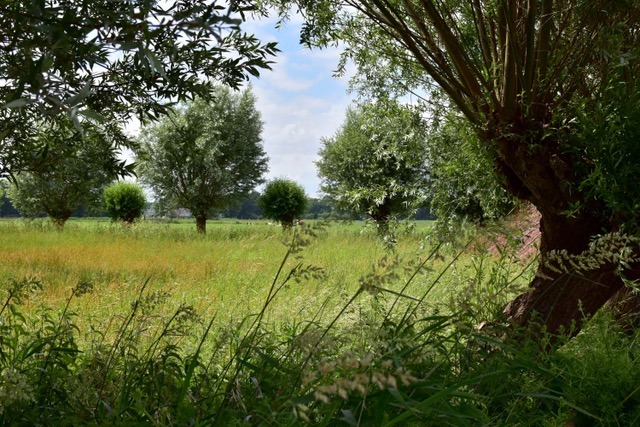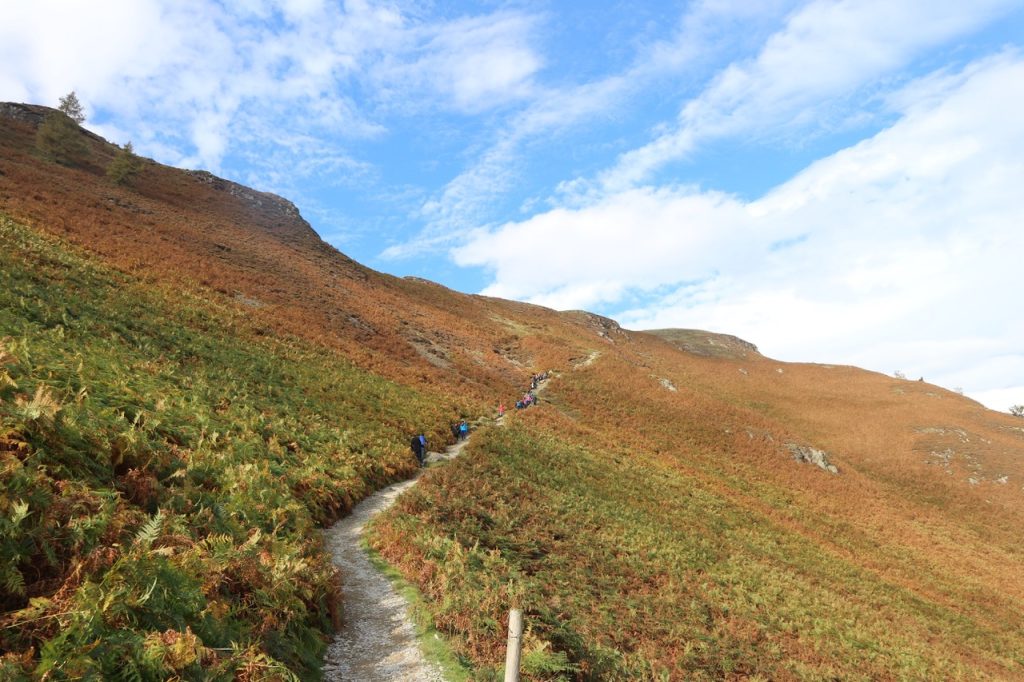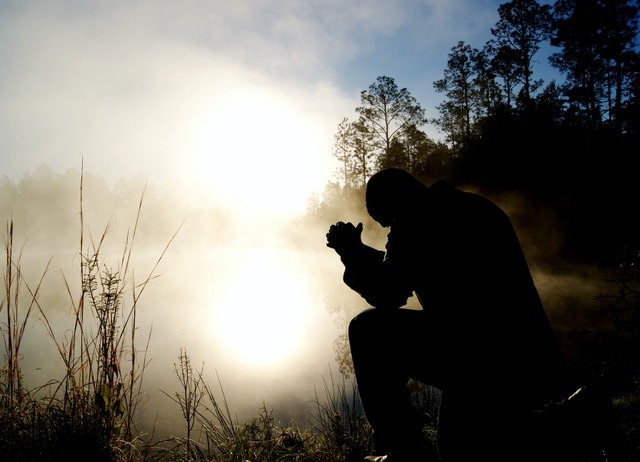G.K. Chesterton wrote, “When it comes to life the critical thing is whether you take things for granted or take them with gratitude.” A grateful heart seems to be a door that lets us in on a host of other human experiences: generosity and love and reconciliation and forgiveness and freedom and laughter. Gratitude makes our ears to hear, our eyes to see, and our hearts to understand. Our character grows to the degree that we nurture a sense of gratitude in our lives. Psychologist Dan Allender elaborates on this point by way of a story.
To those who have eyes of gratitude, all senses are freed to take in and participate in the smallest and most obscure as well as the most panoramic displays of beauty. Gratitude also frees the heart to suffer fury against that which mars beauty. Gratitude brings an imminent passion to all endeavors of life.
Consider this sharply contrasting picture: I recall being at a birthday party for a five-year-old terror who snatched his gifts from his mother and opened them with wanton disdain. He’d see what he had received, toss it down as if it were of no account, then move on to another present. His mother wanly tried to stop his juggernaut by saying, “Isn’t that wonderful, honey? Why don’t you say thank you to Uncle Joe and Aunt Susan?” The boy had no gratitude, in part because nothing brought him surprise and awe. His sense of being owed the good things in life prevented him from being delighted by the undeserved gifts he was receiving. It is impossible to be truly grateful without having some sense of awe.[i]
How often we can we relate some aspect of our lives to this five-year-old boy’s experience? How closed off we can become to being surprised by life in general and by God’s gracious movement in particular!
So let’s take an inventory of our hearts—How open are we to being surprised by life?. Some of us try to gain such firm control of our lives because we don’t want to get hurt; in so doing, however, we muscle out any sense of anticipation or wonder. We stop asking, What is God up to next? Self-protection, not gratefulness, has become our primary orientation. Sadly, in our efforts to control we close ourselves off not just to possibilities of bad or evil in life, but also possibilities of the good and generous. We must learn, then, to pray, “Lord, help me release control of my life and be open to your surprises along the way.” Over this next month, may we become freed up to be amazed by life and to live a life of gratefulness in Jesus’ name.
[i] Dan B. Allender, Leading With A Limp (Colorado Springs, CO: Waterbrook Press, 2006), 146.




